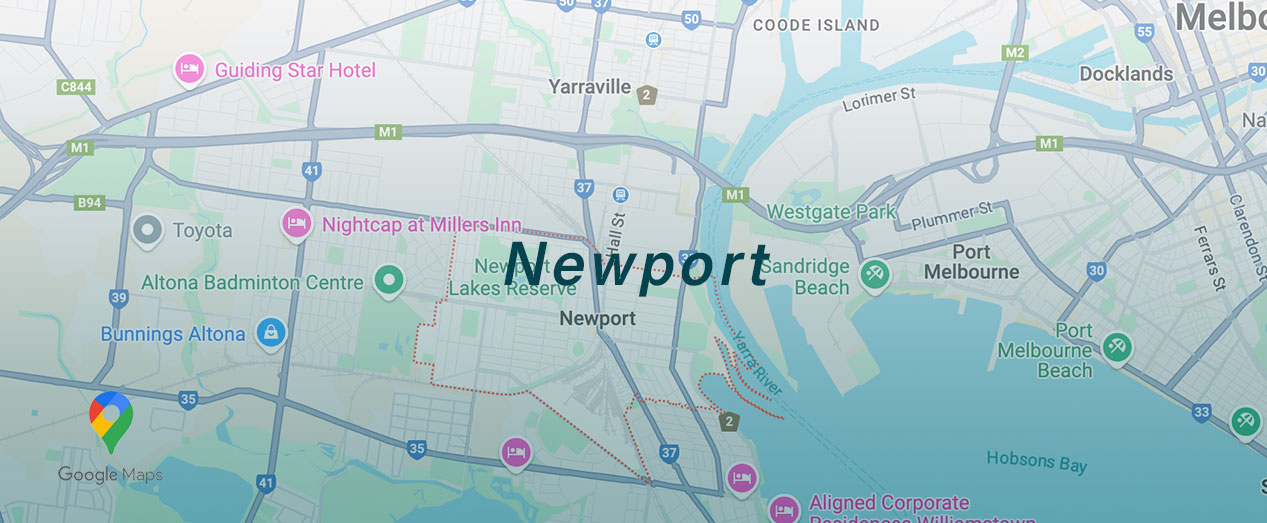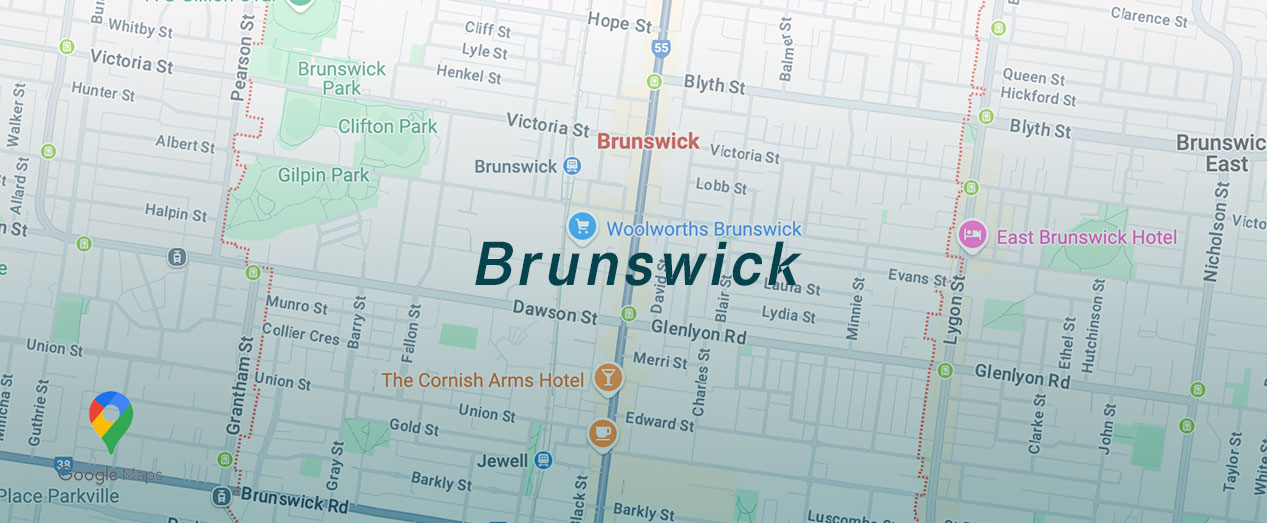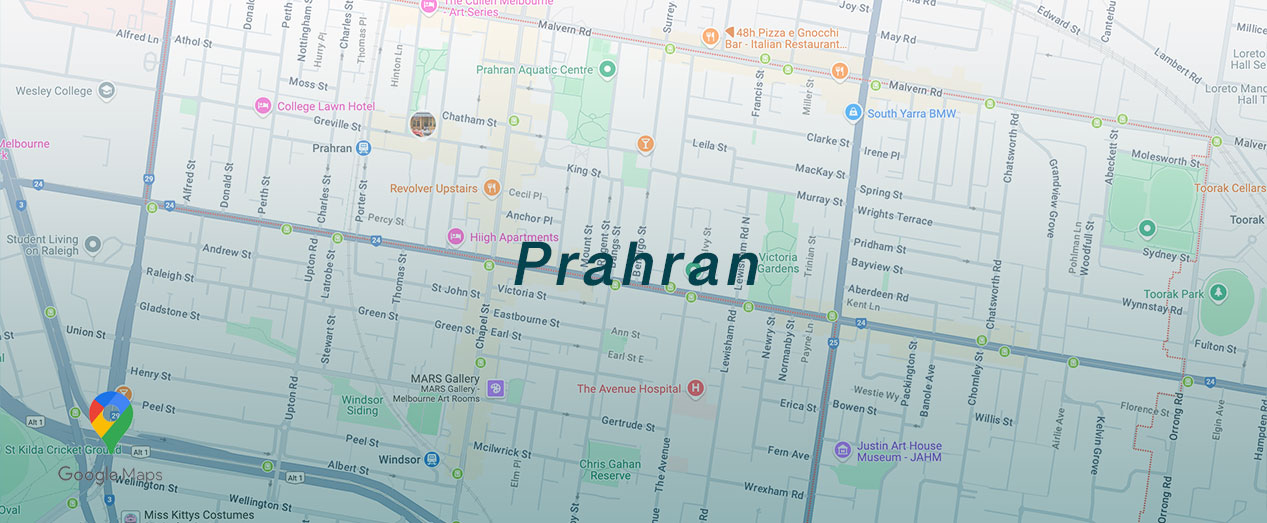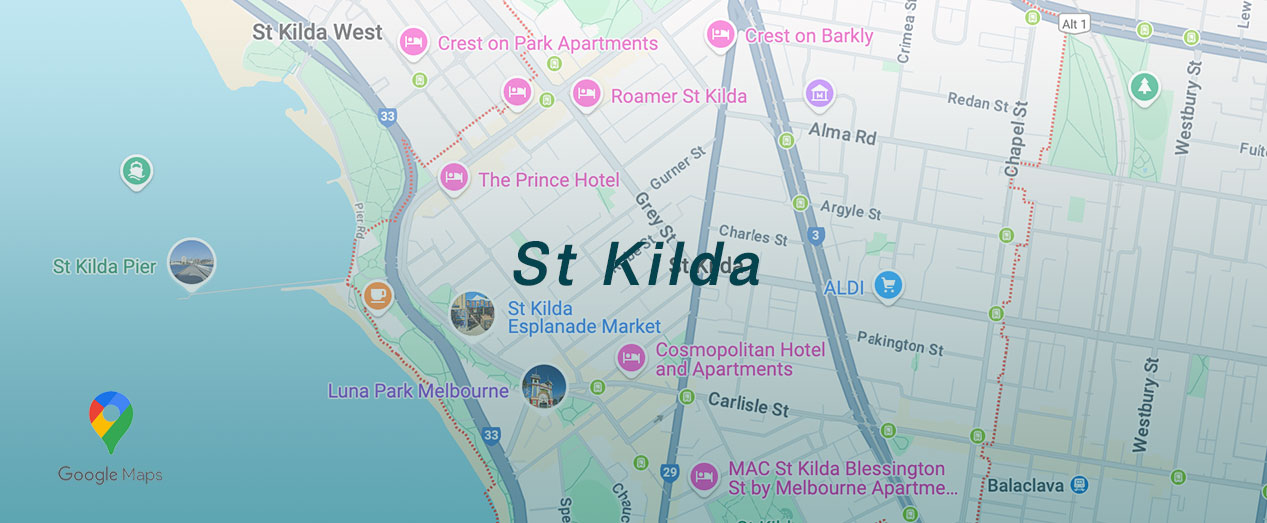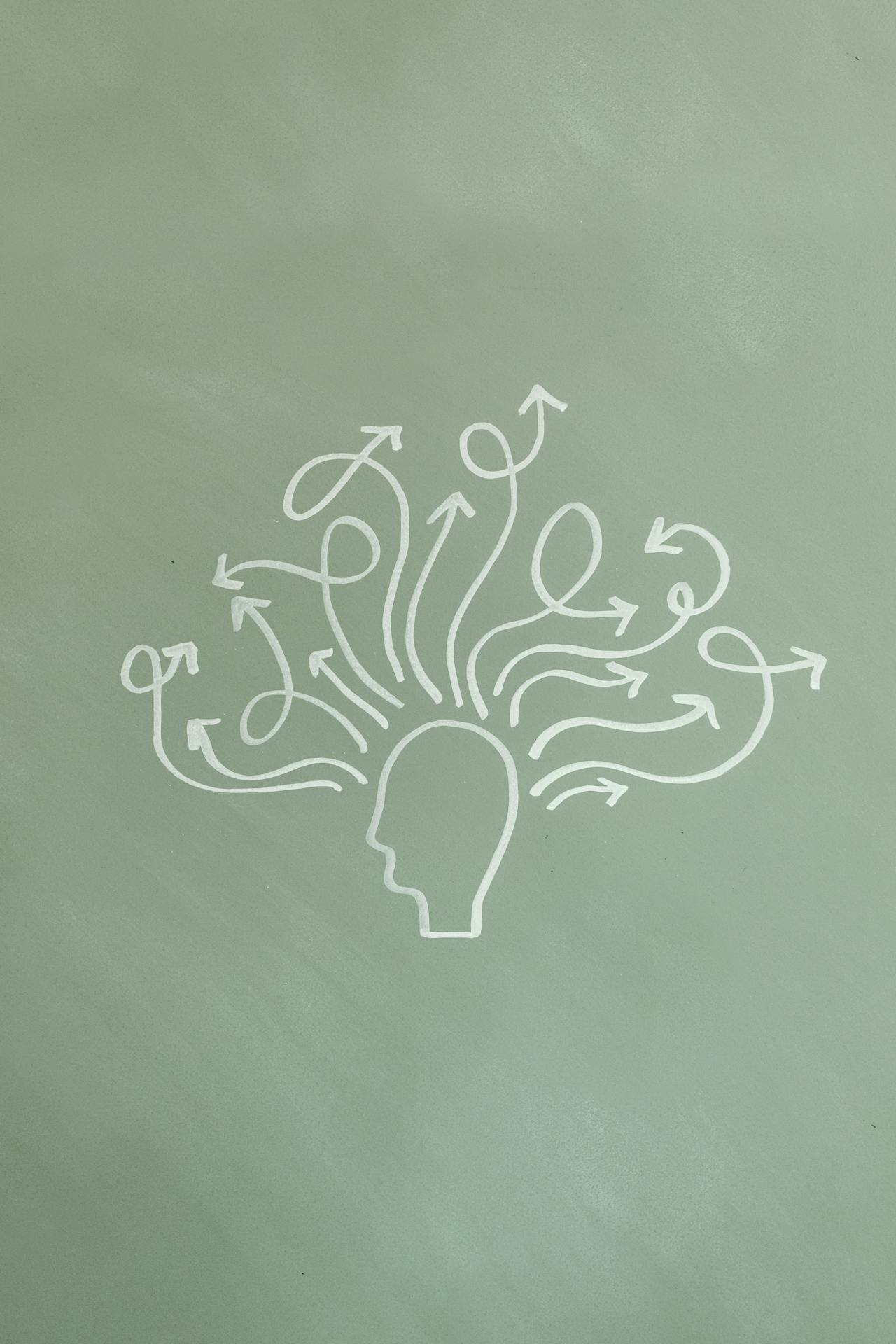
Attention-Deficit/Hyperactivity Disorder (ADHD): Understanding and Management (ADHD)
Attention-Deficit/Hyperactivity Disorder (ADHD) is a neurodevelopmental disorder that affects both children and adults. Characterised by persistent patterns of inattention, hyperactivity, and impulsivity, ADHD can significantly impact daily functioning, academic performance, and interpersonal relationships. Attention-Deficit/Hyperactivity Disorder (ADHD) is a neurodevelopmental disorder that affects both children and adults. Characterised by persistent patterns of inattention, hyperactivity, and impulsivity, ADHD can significantly impact daily functioning, academic performance, and interpersonal relationships.
Understanding ADHD
ADHD is believed to stem from a combination of genetic, environmental, and neurological factors. While the exact causes are not fully understood, research suggests that differences in brain structure and function may play a role. ADHD is typically diagnosed in childhood, but symptoms can continue into adulthood.
Symptoms of ADHD
ADHD symptoms can be grouped into two main categories:
1. Inattention:
Individuals may struggle to focus on tasks, frequently lose things, become easily distracted, and have difficulty organising activities. This can lead to challenges in school, work, and daily life.
2. Hyperactivity and Impulsivity
Symptoms include fidgeting, restlessness, interrupting others, and acting without thinking. Individuals may find it challenging to sit still, wait their turn, or engage in quiet activities.
Diagnosis and Assessment
Diagnosing ADHD typically involves a comprehensive evaluation by a qualified mental health professional or medical provider. This process may include:
1. Clinical Interviews
Gathering information from the individual and, if applicable, their family members or teachers.
2. Behavioural Assessments
Standardised rating scales to assess the severity and frequency of symptoms.
3. Medical History
Evaluating other factors that could contribute to the symptoms.
Living with ADHD
While ADHD can present challenges, many individuals learn to harness their unique strengths, such as creativity and energy. With the right support and management strategies, those with ADHD can thrive in various aspects of life, including academics, careers, and relationships.


